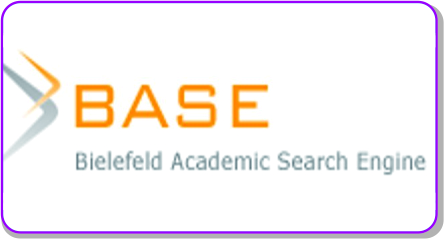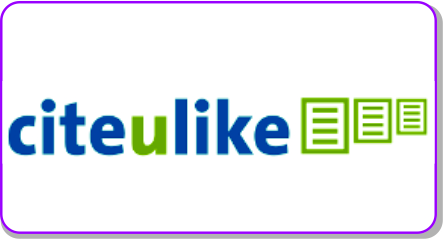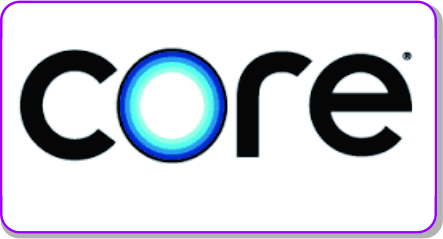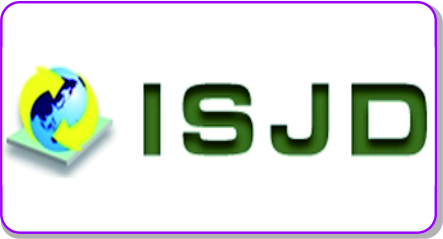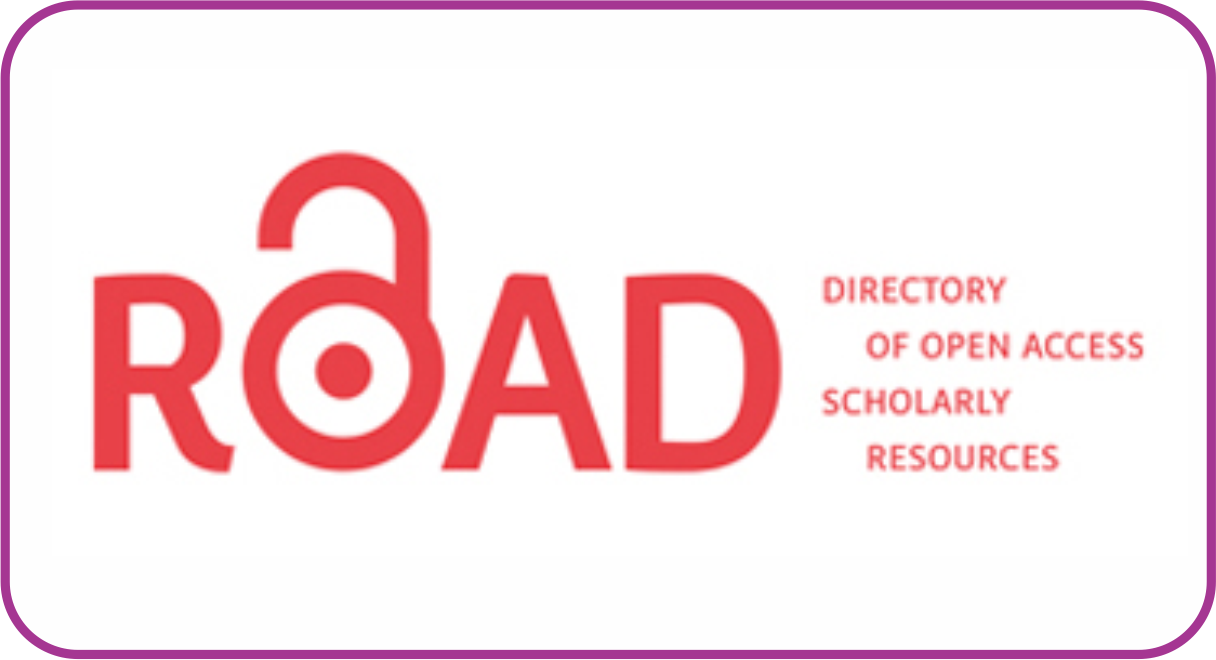PENGARUH PENERAPAN MODEL PEMBELAJARAN KOOPERATIF TIPE KANCING GEMERINCING DAN DISIPLIN BELAJAR TERHADAP HASIL BELAJAR EKONOMI SISWA KELAS X DI SMA NEGERI 3 KOTA SOLOK
DOI:
https://doi.org/10.30983/educative.v1i2.163Abstract
Abstract The research was background by student’s of result of class X student studying economics at SMAN 3 Solok still low. In this case, the teacher is still using lecture and discussion methods in teaching and learning. In the discussion of the method is still often a child is passive and resigned to it in his more dominant at the time of group discussion. One of the way that can use to problem solve, it’s cooperative learning of gemerincing button type. Purpose of this study economics student learning outcomes using cooperative learning of gemerincing button type better than conventional learning models in X grade at SMA Negeri 3 Solok. The types of quasi-experimental research is the subject of purposive sample. The data used was obtained by ANOVA analysis used two lines. Based on data analysis, SPSS 20, with a probability value of 0.000. Thus, we can conclude the results of the economic study of students taught with cooperative learning economics learning outcomes students who were taught by using cooperative learning of gemerincing button type had higher outcomes than students who were taught by using conventional model in X grade at SMA Negeri 3 Solok, the trust level is 95%. Key Word: Model Pembelajaran Kooperatif Tipe Kancing Gemerincing, Disiplin Belajar, Hasil Belajar EkonomiDownloads
Submitted
Accepted
Published
Issue
Section
License
Authors who publish with this journal agree to the following terms:
1. Authors retain copyright and grant the journal right of first publication with the work simultaneously licensed under a Creative Commons Attribution License that allows others to share the work with an acknowledgment of the work's authorship and initial publication in this journal.
2. Authors are able to enter into separate, additional contractual arrangements for the non-exclusive distribution of the journal's published version of the work (e.g., post it to an institutional repository or publish it in a book), with an acknowledgment of its initial publication in this journal.
3. Authors are permitted and encouraged to post their work online (e.g., in institutional repositories or on their website) prior to and during the submission process, as it can lead to productive exchanges, as well as earlier and greater citation of published work (See The Effect of Open Access).





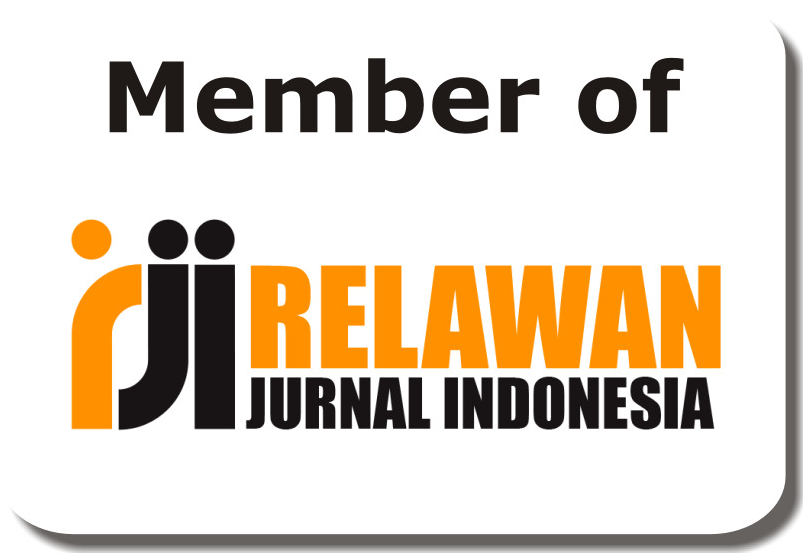


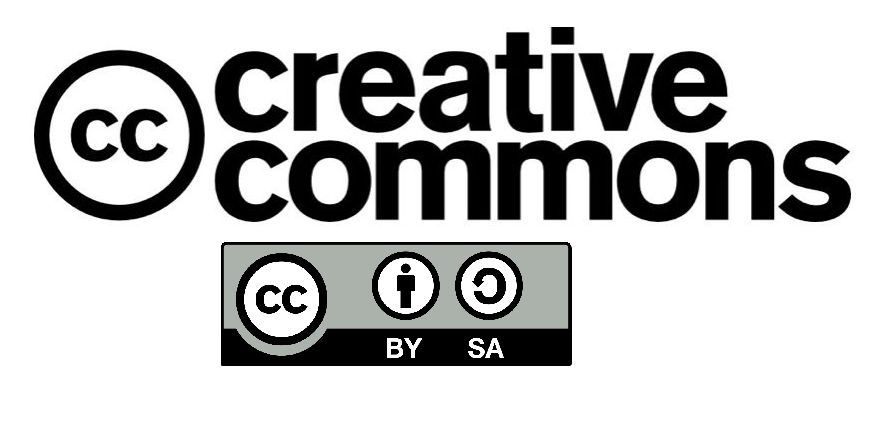


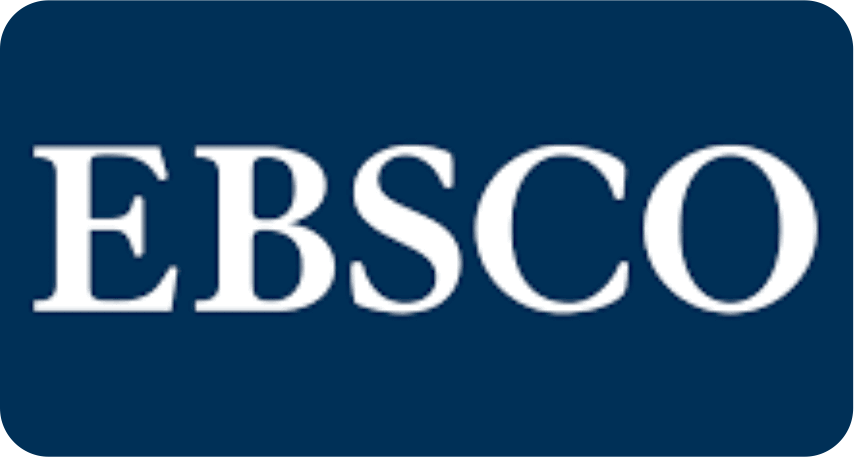






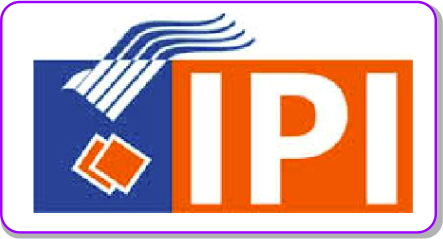 Â
 
